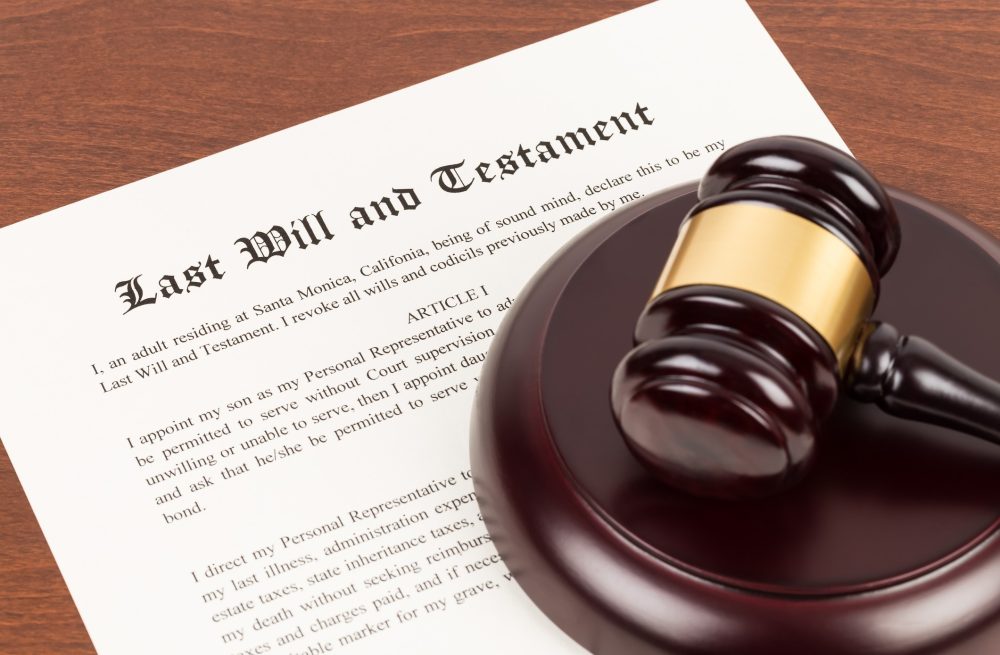Be careful who you allow control over your money. It can come back to haunt you. In a recent case, the New Jersey Appellate Court held that a sister could not establish unlawful conversion by her brother because she did not prove that she ever had ownership over the property in dispute. Conversion is the civil law equivalent of theft. The controversy arose during the administration of Mabel McDermott’s (“Mabel”) estate. Alan McDermott (“Alan”), Mabel’s son, was the designated executor of the estate. Joy McDermott (“Joy”), Mabel’s daughter, sued Alan for conversion, among other things.
The dispute involved a section of land that Mabel owned and gifted to her children prior to her death. Alan had plans to develop the property, so he purchased Joy’s share. Joy then gave the earnings from her transaction with Alan to Mabel. Over the course of 6 years, the earnings were placed in several different accounts and eventually ended up in an account owned by Alan. Joy argues that the earnings were hers and that they were wrongfully placed in an account that she did not own.
The dispute also involved an investment portfolio that was also given to Joy by Mabel. Mabel and her husband owned a company of which Joy was a shareholder. However, the record shows that Joy did not participate in her parents’ business at all. Despite Joy’s lack of involvement, Mabel generously gifted Joy with an investment portfolio because she was listed as a shareholder. In her claims against the estate, Joy claimed that Mabel wrongfully withdrew money from this investment account to pay for some of the taxes on the family’s business income.
To establish a claim of conversion, a person must show that “the owner has been deprived of her property by the act of another assuming an authorized dominion and control over it.” The trial court found that Joy never proved the property or the investment portfolio was hers to begin with; therefore, she could not have been deprived of property that was never hers. Both the property interest and investment portfolio had been gifted to Joy by Mabel, and were considered “family money.”
Notably, when questioned about the transfer of money between accounts, Joy responded that she did not know about the transfers because she “didn’t consider it (the money) to be hers.” Rather, she considered it to be “her mother’s money.” These facts, combined with the fact that all of the assets were family money, led the Appellate Court to affirm the trial court’s holding and dismiss Joy’s claim of conversion.
An important point to take from this case is the effect that Joy’s admission had on her case. After she stated that she did not consider herself to be the owner of the property in dispute, the Court dismissed her claim. As mentioned above, one of the main elements of a conversion claim is establishing that the property in dispute is actually owned by the claimant, and Joy essentially admitted to the Court that she could not prove that element.
If you need legal advice regarding unlawful conversion, estate administration, or any other legal matter, please contact Ward, Shindle & Hall. We offer free consultations.

